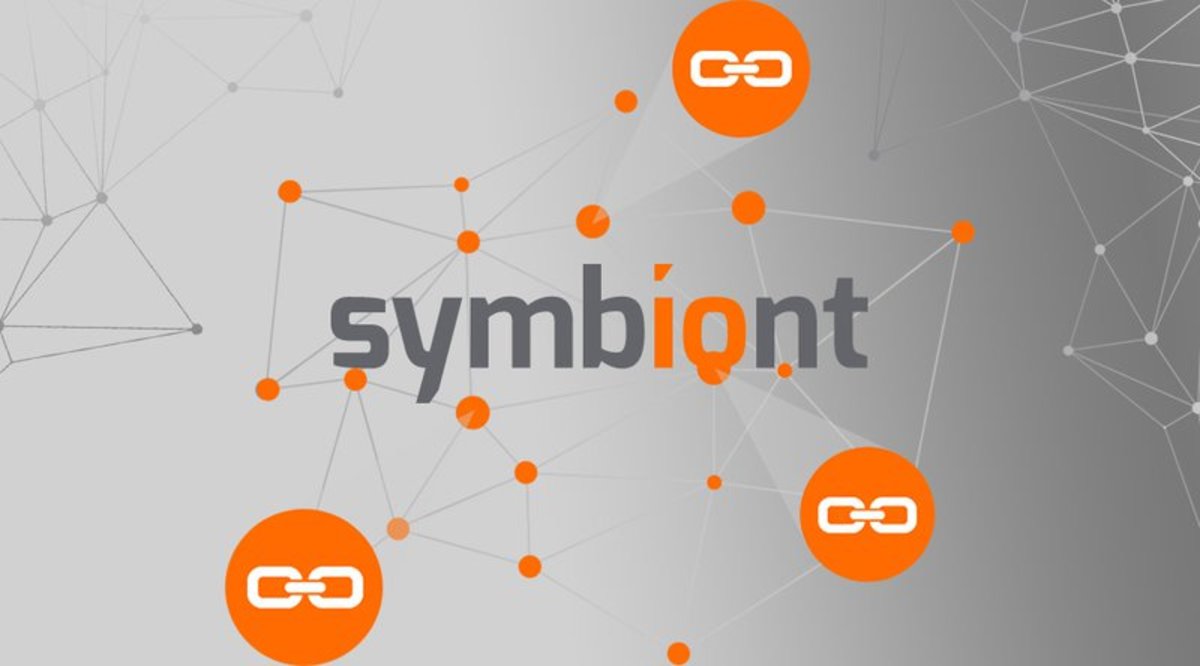
According to multiple sources close to Symbiont, the smart securities trading platform has closed a $7 million funding round, valuing the company at $70 million.
In an email to Bitcoin Magazine
, co-founder Evan Wagner declined to comment but said that the company will be making a formal announcement in the future.
Symbiont, which found its genesis from the Counterparty project, was founded by former members of Medici, which is now known publicly as t0, an Overstock.com (NASDAQ: OSTK) company. According to the company’s website, “Symbiont is building the first issuance and trading platform for smart securities on blockchain technology.”
Smart Securities is a term to describe smart contracts, which are instruments that can be programmed with specific rules. In this case, these smart contracts are programmable versions of traditional securities that are being issued on the blockchain. A smart contract is able to execute the rules it has been programmed to follow without manual interference from any individual or trusted party.
An example that Symbiont describes in a blog post
is a corporate bond, which is coded with the bond amount and its date. “When the security is issued, it communicates with the atomic clock and will make payments on the coupon deadline to owners across the blockchain. Friction in clearing and settlement is reduced — it could be T+10 [Trade + 10] minutes — and any errors and counterparty risks are eliminated,” the company describes.
Symbiont was founded when Robby Demody, Evan Wagner and Adam Krellenstein of Counterparty joined with Mark Smith of Money f(x) back in March 2015. Counterparty was one of the early Bitcoin 2.0 projects built on top of the bitcoin blockchain. In essence, it would allow for different financial applications to execute beyond just the peer-to-peer payment network that Bitcoin is. However, it would still carry the same security due to the network strength that Bitcoin has.
The company had previously raised a $1.25 million seed round from investors such as Matt Andresen, former co-CEO of Citadel Derivatives Group, and Duncan Niederauer, former CEO at the New York Stock Exchange.
“It’s good to see more venture capital flow into the Capital Markets segment, which represents a good opportunity for blockchain solutions (theoretically). But let’s not regard any amount raised as a sign of success. We will see some companies that have raised little do well, and we might see some companies fail even if they are raising a lot. We should be more focused on celebrating and understanding the state of deployment, usage, adoption and innovation with actual customers, in order to assess the nature of the dent that the blockchain is making on financial services,” said William Mougayar, a Toronto-based investor and General Partner at Virtual Capital Ventures.
Jacob Cohen Donnelly is a consultant and journalist in the Bitcoin space. He runs a weekly newsletter about bitcoin called Crypto Brief
.










